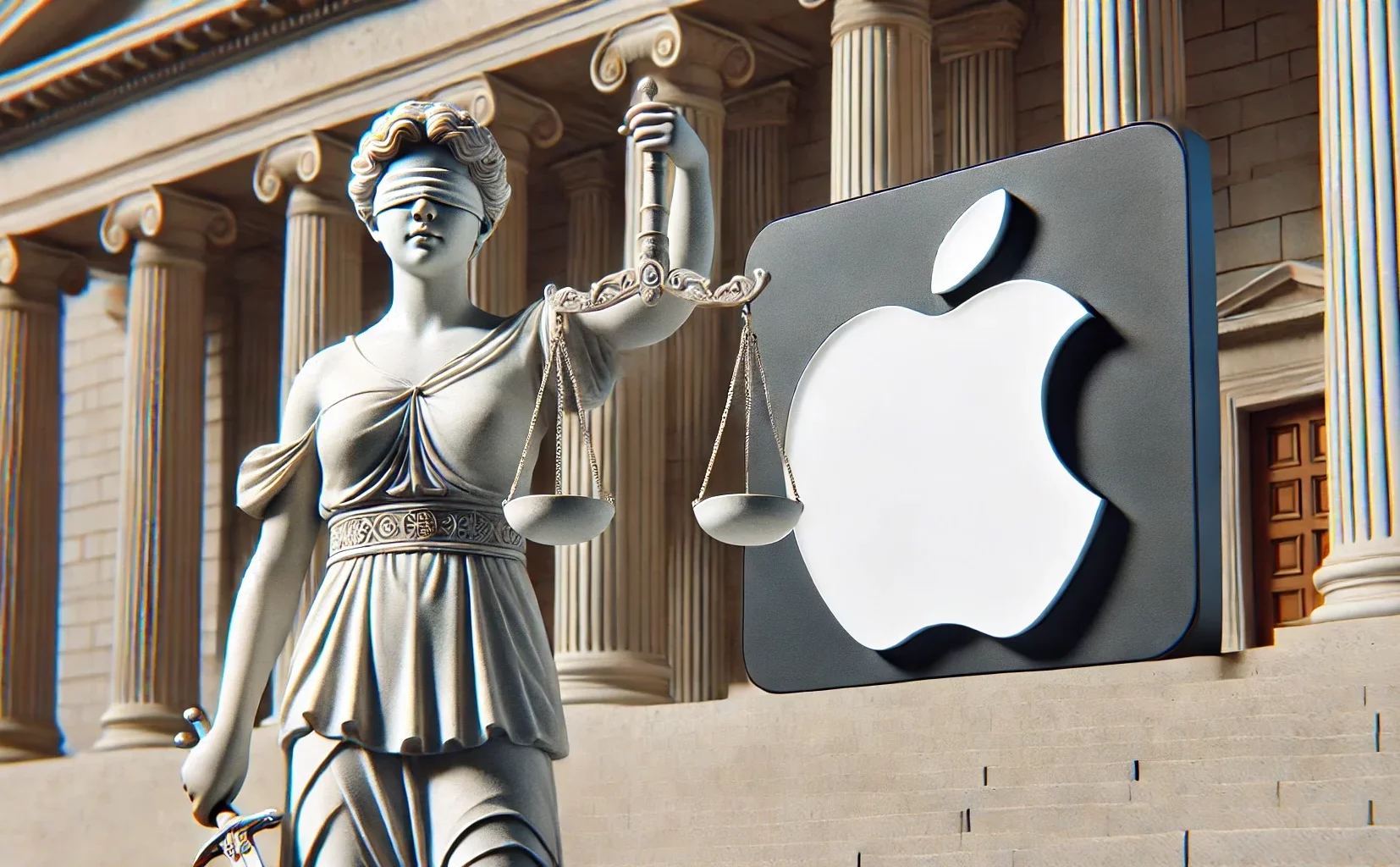Apple’s recent announcement to postpone key artificial intelligence (AI) enhancements—particularly those integrated into Siri—has triggered concern within both the tech industry and user base. Originally slated for release with iOS 18, these upgrades have now been deferred to 2026 or later, raising questions about Apple’s competitive positioning in the rapidly evolving AI landscape.
The iOS 18 update was intended to introduce a more contextually aware Siri, enriched with generative AI capabilities and improved on-device processing. These innovations were expected to reduce reliance on cloud infrastructure, thereby enhancing user privacy and operational efficiency. However, internal delays have derailed that timeline.
Strategic Restructuring and Leadership Turnover
To address developmental shortcomings, Apple reassigned leadership within its AI division. Mike Rockwell, formerly the head of the Vision Products Group responsible for the Vision Pro headset, has assumed control of Siri’s development. His appointment follows the sidelining of John Giannandrea, Apple’s prior AI lead. According to sources familiar with the matter, CEO Tim Cook initiated this transition due to a perceived stagnation in the division’s progress.
Internal dissatisfaction was made explicit during a recent all-hands meeting, where senior director Robby Walker reportedly described the delay as “ugly and embarrassing.” This candid admission underscores a broader organizational recognition that Siri has not kept pace with advancements from competitors like OpenAI and Google DeepMind.
Legal and Market Implications
Compounding Apple’s internal challenges is a class-action lawsuit accusing the company of false advertising and unfair business practices. Plaintiffs allege that consumers were misled into purchasing new Apple devices under the assumption that next-gen AI features would be imminently available. The suit highlights the growing tension between marketing narratives and product readiness in consumer tech.
Meanwhile, the delay provides a strategic window for rivals—such as Google, Microsoft, and Amazon—to solidify their dominance in AI-integrated consumer tools. Apple’s traditional edge in user experience and ecosystem integration may not be sufficient if it lags in foundational AI capabilities.
As Apple recalibrates its AI strategy, consumers and analysts alike will be watching closely. If Siri is to remain relevant in a voice-assistant landscape now dominated by generative AI, Apple must deliver not just parity—but differentiation.





